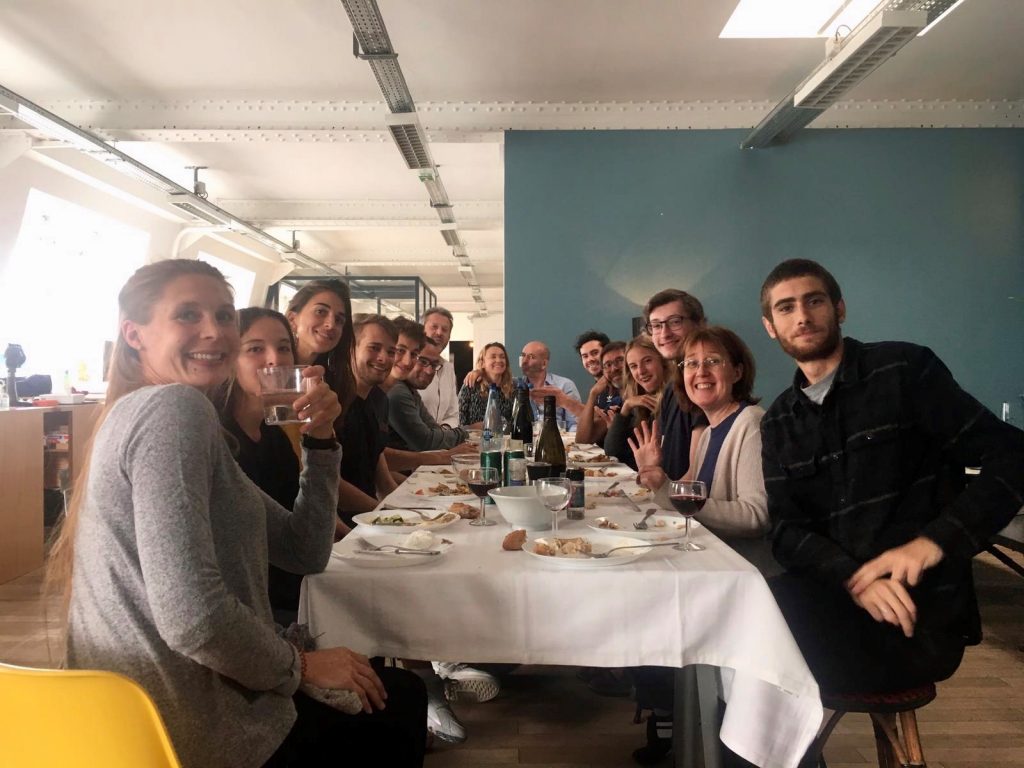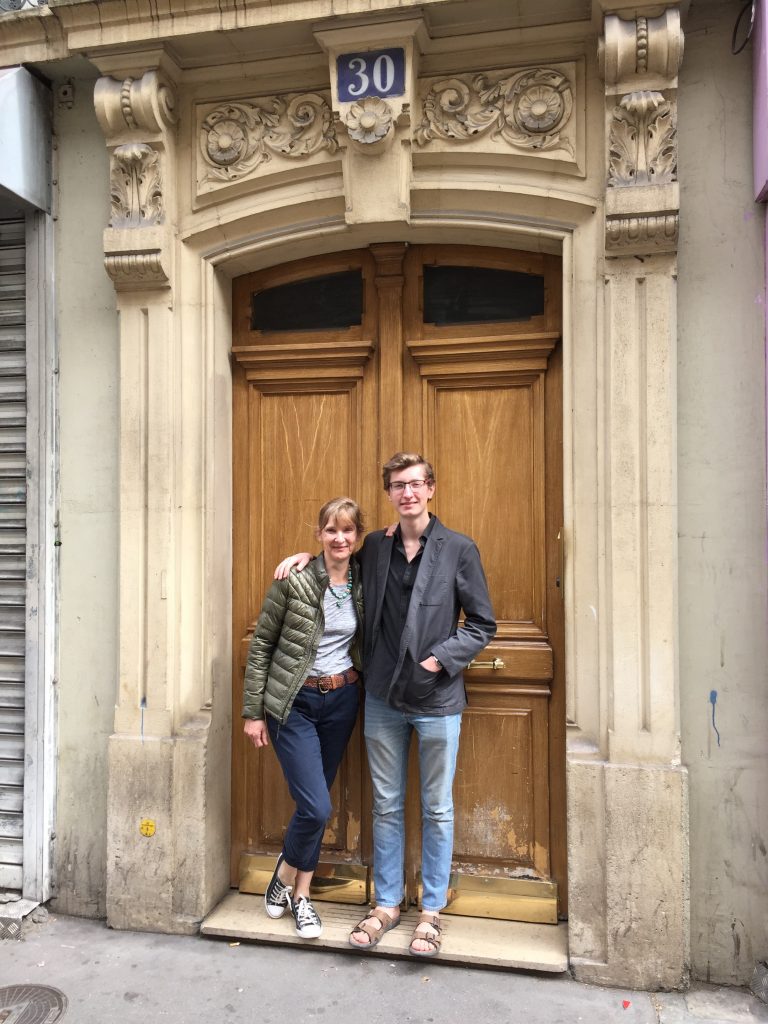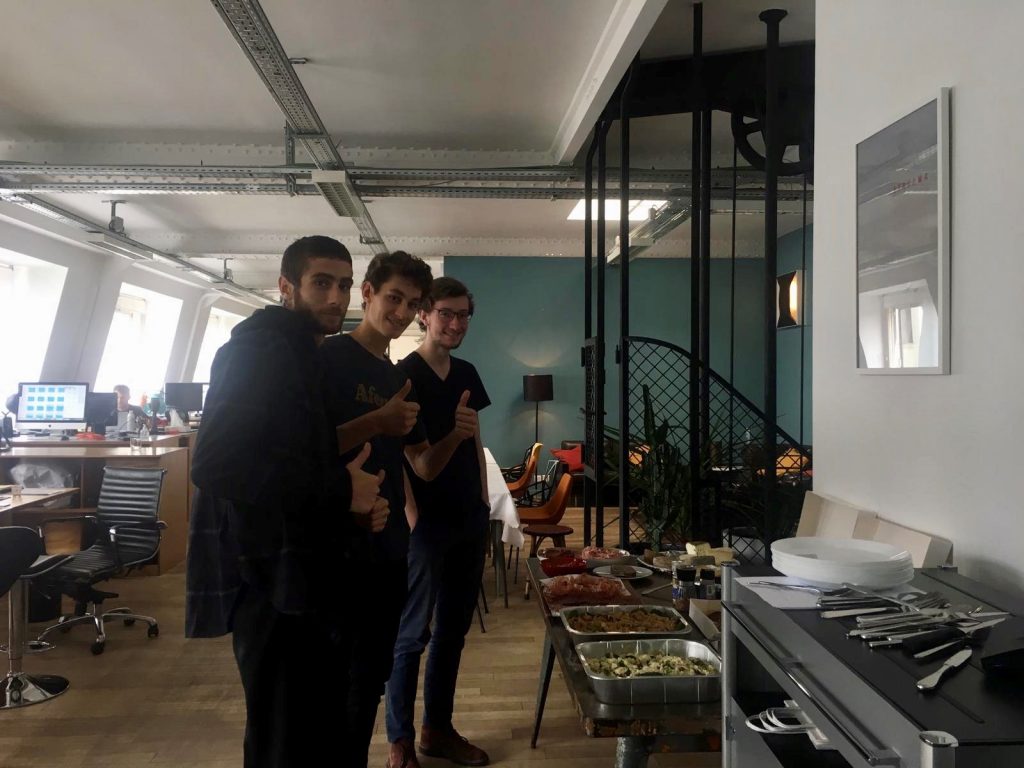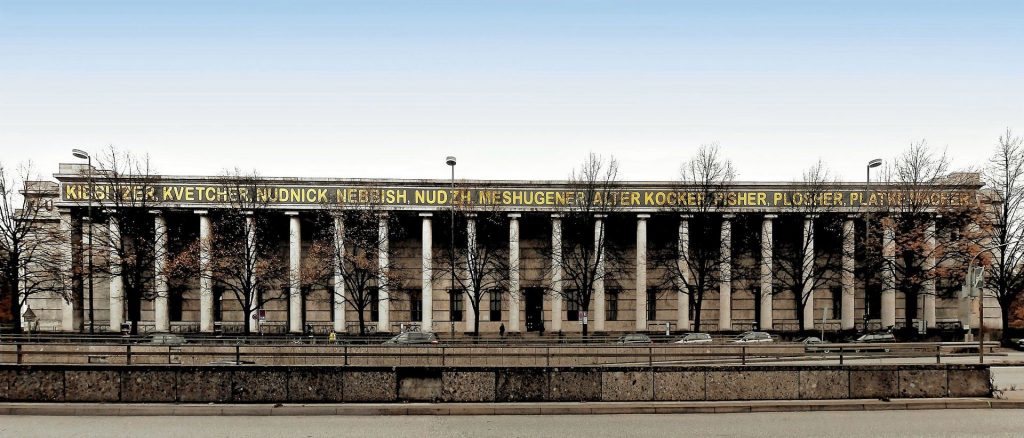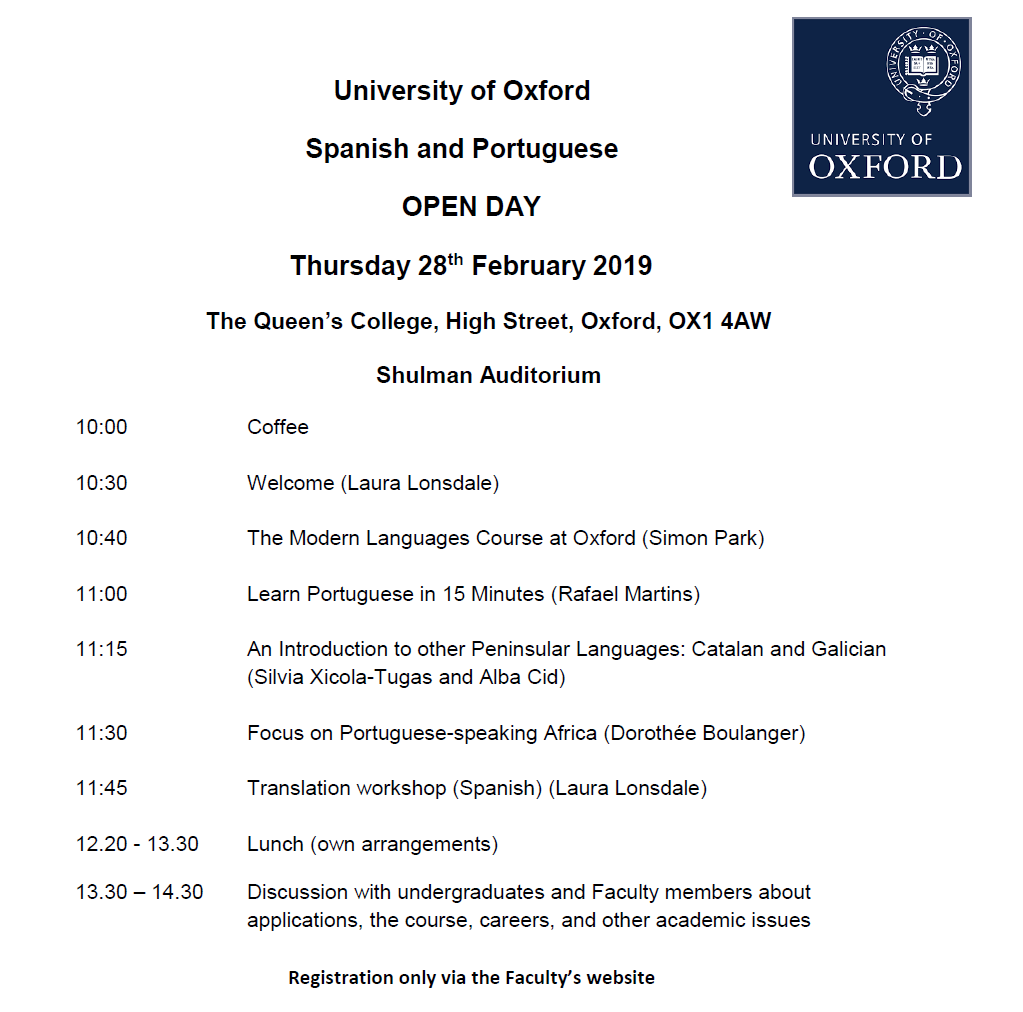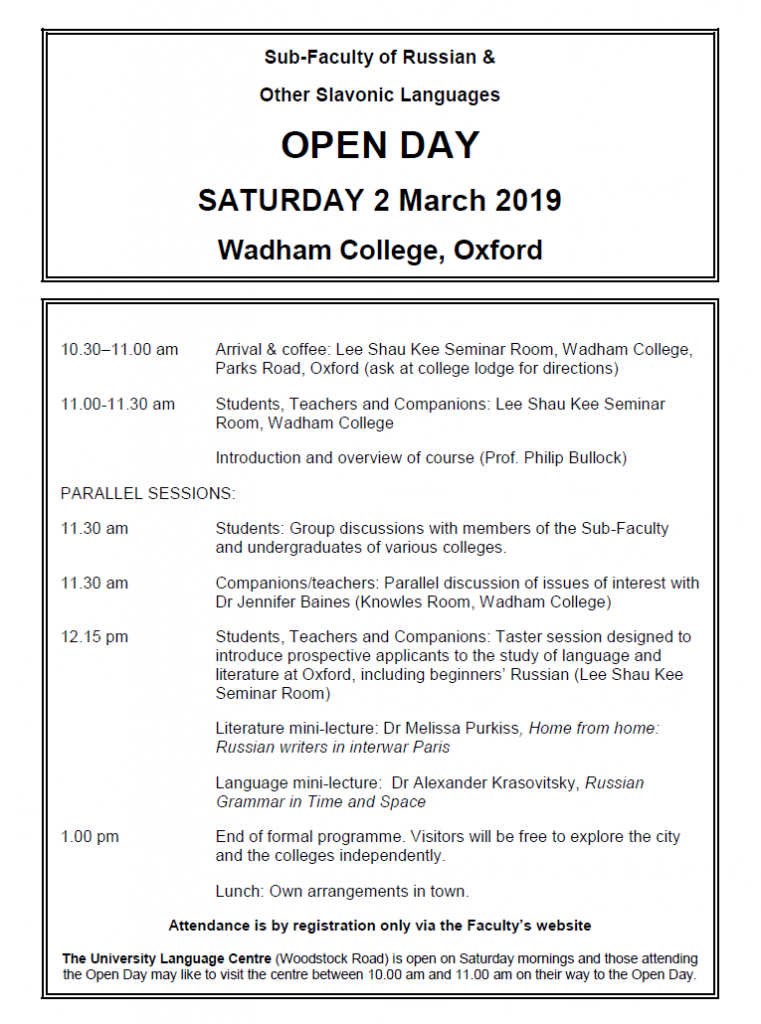This week in our series on career profiles, we’re speaking to Gemma Tidman, who studied French at Worcester College and graduated in 2011. Having attended a big comprehensive school in a small village in Somerset, Gemma now researches and teaches French literature at St John’s College, Oxford. She tells us a bit about her route into an academic job…
During my degree, I figured out that I wanted a number of things from a career: the ability to use my language skills on a regular basis, to travel, to meet interesting people and to continue learning new things. I also knew that I loved my degree, that I enjoyed academic writing, and during my year abroad I learned that I really liked teaching (I was an English-language teaching assistant in a lycée in South-West France). I wasn’t sure what all this meant in terms of a career, but it sounded like these were things I could keep doing during a Master’s, so that’s where I started. I did the Oxford Master’s course in the European Enlightenment (2011-12), and had some brilliant tutors who inspired in me a love of eighteenth-century French literature and cultural history.
After the Master’s, I still wasn’t sure what to do next. I applied for a PhD, but in the end decided that I needed to try something beyond university. So, I took a job at the Wallace Collection, in London – a national museum that specialises in eighteenth-century French visual and decorative arts, among other things. I worked with a great team of people, on projects involving marketing, public engagement, and fundraising. I loved the job! I got to use my French skills now and then, and to pursue my interest in eighteenth-century France. But, after six months or so, I realised that I missed teaching and research. So, in 2013 I decided to go back to university… and I began a PhD in French, back in Oxford.
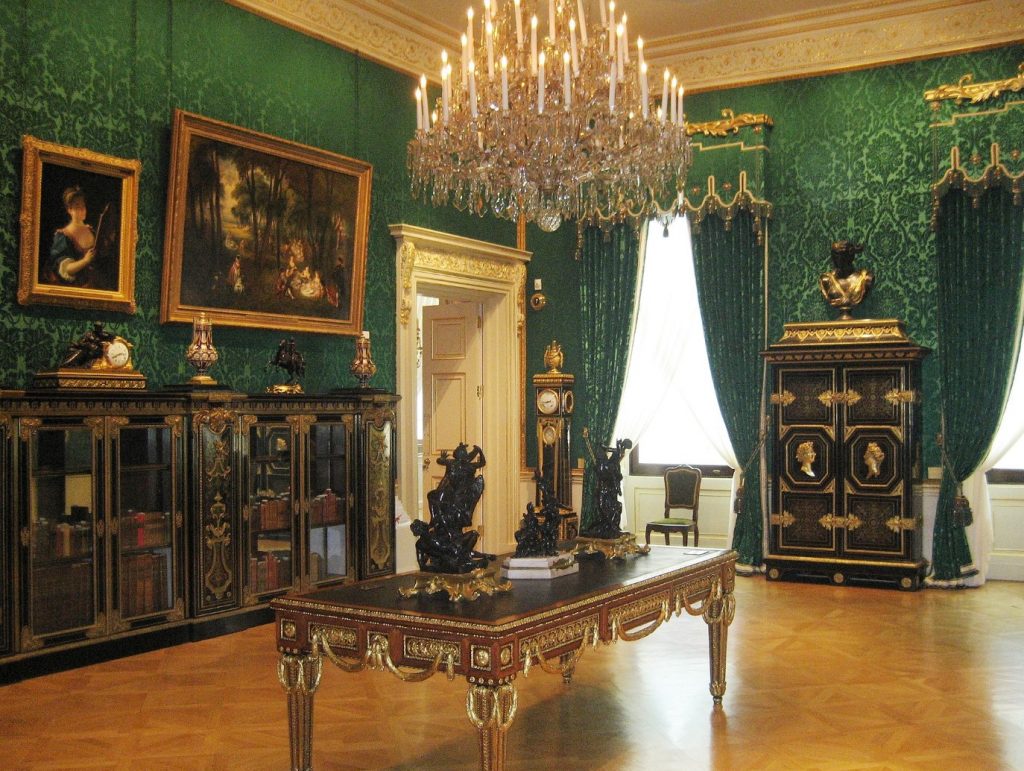
My PhD looked at the history of how literature was taught in France, during the second half of the eighteenth century (If you’re interested, you can read more about it here). But a PhD is more than just the 80,000 words you produce at the end of four years: it’s also four years of great experiences. During the PhD I spent a year living in Paris, where I taught at a French university. I spent afternoons conducting research on 250-year-old handwritten papers, held in archives in a castle. I had a month as a visiting student at Johns Hopkins University in Baltimore, working with wonderful academics and students. And I got the chance to do more teaching, which I loved. I also had the time to pursue other projects I cared about: I became involved in university widening participation and outreach work, and I took up triathlon!
After my PhD, I managed to land a one-year research and teaching post at Worcester College: back where I started as an undergraduate. If you had told me, when I began my BA in 2007, that I would be working there as an academic a decade later, I never would have believed you. After that, I moved to my current post at St John’s College. In spite of (or perhaps because of?) some long, hard days of reading, thinking, writing…and sometimes deleting it all and starting again… I love what I do. I’m lucky to work with great colleagues and students, on a subject that I’m passionate about, and to get to contribute to the way we think about, and teach, French literature and cultural history.
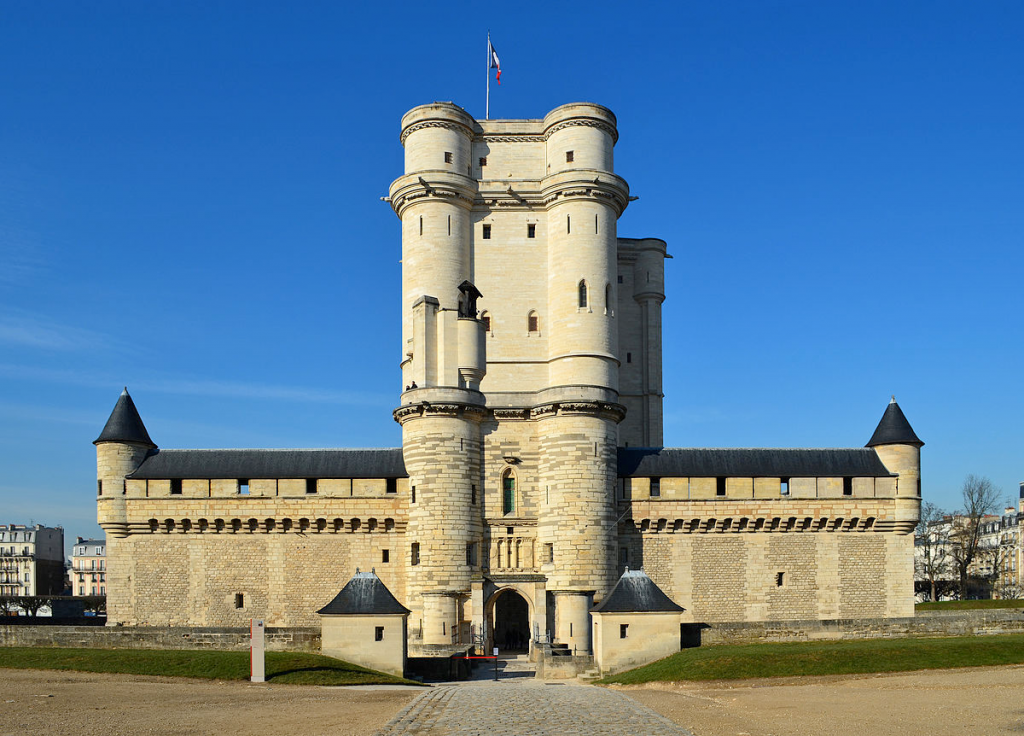
I’d say to anyone wondering whether they have ‘the right’ profile for academia that there is no ‘right profile’. I’m from a first-generation, comprehensive school background; I didn’t always know I wanted to be an academic; I didn’t go straight through from undergraduate to PhD: and I’ve made it this far. Most people know that getting into academia isn’t plain sailing – there are many hurdles to face, from securing postgraduate funding to dealing with tough peer reviews, from long, long hours to finding a permanent post in a competitive field. In all of this, there can be a lot of luck involved, and you’ll need to be prepared to put in some years of groundwork (in terms of further study, fixed contract posts, etc) before you – hopefully – begin to see it pay off. But in terms of the skills you need, if you’re resilient, up for some hard work, and above all if you love reading and writing about your subject, they’re probably the major things you need. To all budding academics: go for it!


